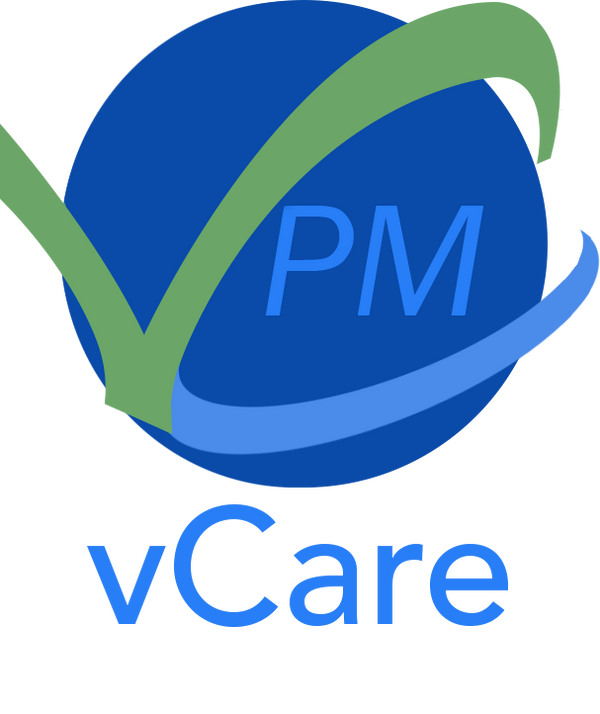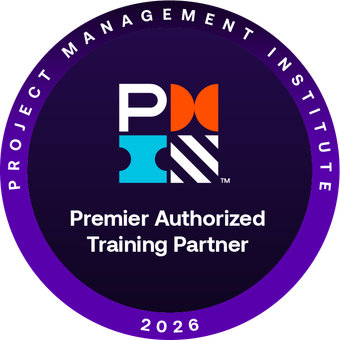
PMI-ACP® Exam: High-Yield Topics You Must Master
The PMI-ACP® (Agile Certified Practitioner) is one of the most sought-after certifications for professionals looking to demonstrate their expertise in Agile practices. The exam tests not just your knowledge but your ability to apply Agile principles in real-world scenarios. If you’re preparing for this exam, focusing on high-yield topics can make your study time far more efficient and effective.
🔑 Understanding the PMI-ACP® Exam Structure
The PMI-ACP® exam consists of 120 multiple-choice questions, covering seven domains of practice:
- Agile Principles and Mindset
- Value-Driven Delivery
- Stakeholder Engagement
- Team Performance
- Adaptive Planning
- Problem Detection and Resolution
- Continuous Improvement (Product, Process, People)
Knowing which topics carry the most weight allows you to prioritize your preparation and maximize your score.
🎯 High-Yield Topics to Focus On
1. Agile Principles and Mindset
You’ll need a deep understanding of the Agile Manifesto and its 12 principles. Expect scenario-based questions that test whether you can foster an Agile mindset across teams, encourage servant leadership, and adapt to change quickly.
Pro Tip: Pay special attention to servant leadership, empowering teams, and responding to change over following a plan.
2. Value-Driven Delivery
This is a core area where many questions are drawn from. You must know how to:
- Define and prioritize backlog items
- Deliver value early and often
- Measure and communicate value delivery
- Focus: Concepts like MVP (Minimum Viable Product), incremental delivery, and prioritization techniques (MoSCoW, WSJF) are frequently tested.
3. Stakeholder Engagement
Stakeholder questions focus on communication, expectation management, and collaboration.
- Understand how to identify and analyze stakeholders
- Engage stakeholders through information radiators
- Manage conflict constructively
4. Team Performance
High-performing teams are the backbone of Agile. Be ready for questions on:
- Team formation stages (Tuckman’s model)
- Building cross-functional, self-organizing teams
- Removing impediments and fostering collaboration
5. Adaptive Planning
This domain emphasizes iterative and rolling-wave planning. You must know:
- Release and iteration planning techniques
- Estimation methods (story points, planning poker)
- Risk-adjusted backlog prioritization
6. Problem Detection and Resolution
Expect scenario questions on identifying risks, dependencies, and blockers early.
- Use of Kanban boards, burndown charts, and cumulative flow diagrams
- Root cause analysis techniques (5 Whys, Fishbone Diagram)
7. Continuous Improvement
This is about retrospectives and feedback loops. Understand how to:
- Facilitate retrospectives
- Implement process improvements
- Build a culture of learning
📚 How to Study Efficiently
- Practice Scenario-Based Questions: The PMI-ACP® exam focuses on situational judgment rather than pure theory.
- Use Agile Games and Simulations: Reinforce your understanding of concepts like velocity and WIP limits.
- Join a Mentoring Program: Learn from experienced mentors who can clarify tricky concepts and share exam strategies.
🚀 Ready to Get Certified?
At vCare Project Management, we offer PMI-ACP® Bootcamps, and Mentoring Programs options to help you master these high-yield topics. Our programs provide PMI-authorized content, practice questions, and expert guidance — everything you need to pass with confidence.
👉 Check out our upcoming PMI-ACP® programs here and start your journey to becoming an Agile Certified Practitioner.







